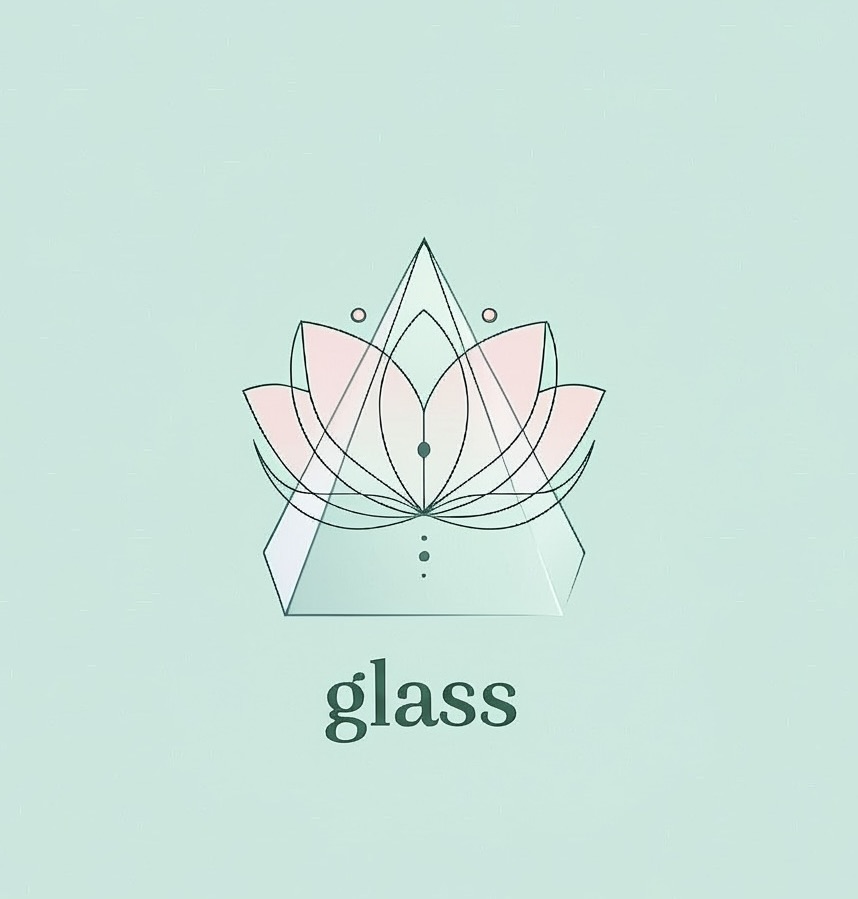Keeping Your Retinoid Routine Earth-Friendly
A quick guide to sustainable retinoid use—protecting your skin and the planet through mindful disposal and packaging choices.
Introduction
Retinoids are celebrated for their powerful benefits in reducing wrinkles, smoothing skin texture, and promoting an overall youthful glow. But have you ever wondered how these vitamin A derivatives might impact the environment—or how your skincare choices could become more eco-friendly? In this post, we'll explore why responsible retinoid use and disposal matter, and how to maintain a sustainable skincare routine without sacrificing results.
The Complex Concept
From prescriptions to over-the-counter products, retinoids are widely used to enhance skin health. Yet unused medication disposal poses a challenge, because certain retinoid drugs—especially oral isotretinoin—carry significant risks if improperly handled. Beyond this, today's consumers are increasingly aware that each step of a product's lifecycle (manufacturing, packaging, and disposal) can leave an environmental footprint.
Simplified Explanation
Think of it like recycling at home. You wouldn't throw plastic bottles into regular waste if you care about the environment. Similarly, unwanted retinoid products or prescriptions shouldn't just end up in the trash or down the drain. They can leach into soil or waterways, potentially impacting wildlife and ecosystems. Luckily, the solution is easier than you might think: pharmacy take-back programs and mindful product selection help keep both your skin and the planet in good shape.
Visual Elements (Imagine This!)
Picture a flowchart: at the top is your bathroom cabinet filled with retinoid skincare tubes. From there, arrows branch out showing two paths for empty or unused products—one arrow leads to a pharmacy take-back bin, representing safe disposal; the other arrow leads to a landfill or water system, highlighting potential environmental harm. This simple sketch illustrates how a small choice influences the bigger environmental picture.
Practical Applications
• If you have leftover prescription retinoids, use a pharmacy take-back program.
• Look for brands that use sustainable packaging (like refillable containers or biodegradable capsules).
• Check labels and pick responsibly sourced ingredients, especially for botanical actives.
• Store retinoid products properly to prevent early degradation and reduce waste—this protects potency and extends shelf life.
Everyday Examples
Sarah finishes her retinoid cream and notices there's still a bit left beyond its expiration date. Rather than tossing it in the trash or washing it down the sink, she takes it to her local pharmacy's medication disposal drop-box. Meanwhile, she chooses an eco-conscious retinol serum next, packaged in recyclable glass. These small choices add up to make a big difference in reducing contamination and protecting our environment.
Conclusion
Sustainable skincare is more than a trend—it's a necessary step for safeguarding our health and the planet. By carefully disposing of retinoids and supporting brands with ethical sourcing and packaging, we can enjoy the benefits of these proven ingredients without compromising the environment. With consistent, informed use and a mindful approach, you can keep glowing sustainably for years to come!
Evidence Context
These references provide scientific backing for the claims made in this article.
Claim
Proper disposal of unused retinoid medications through pharmacy take-back programs prevents environmental contamination, while oral isotretinoin requires strict pregnancy prevention protocols due to teratogenicity risks.
Supporting Evidence
Unused medications including retinoids should use pharmacy take-back programs to avoid environmental contamination. Oral isotretinoin requires programs like iPLEDGE due to extreme teratogenicity, with mandatory pregnancy prevention measures.
Reference ID: 1742666960_0
Claim
Sustainable formulations and ethical health practices are emerging as critical considerations for future anti-aging treatment development.
Supporting Evidence
Environmental impact analyses and ethical frameworks increasingly influence anti-aging product development pipelines.
Reference ID: 1742666960_52
Claim
Modern skincare ethics require sustainable practices including responsible ingredient use, eco-conscious disposal methods, and support for brands prioritizing environmental protection in product lifecycle management.
Supporting Evidence
A holistic approach to ethical skincare now considers product lifecycle impacts - from sustainable sourcing and manufacturing practices to consumer education about proper disposal methods that minimize environmental contamination.
Reference ID: 1742666960_64
Evidence is continuously gathered and evaluated by Glass AI from peer-reviewed research.
Have a Skincare Question?
Chat with Glass AI to get personalized, science-backed recommendations for your unique skin concerns.
Chat with Glass AI
Written by Glass AI
Glass AI analyzes thousands of research papers and clinical studies to provide you with accurate, science-backed skincare information.